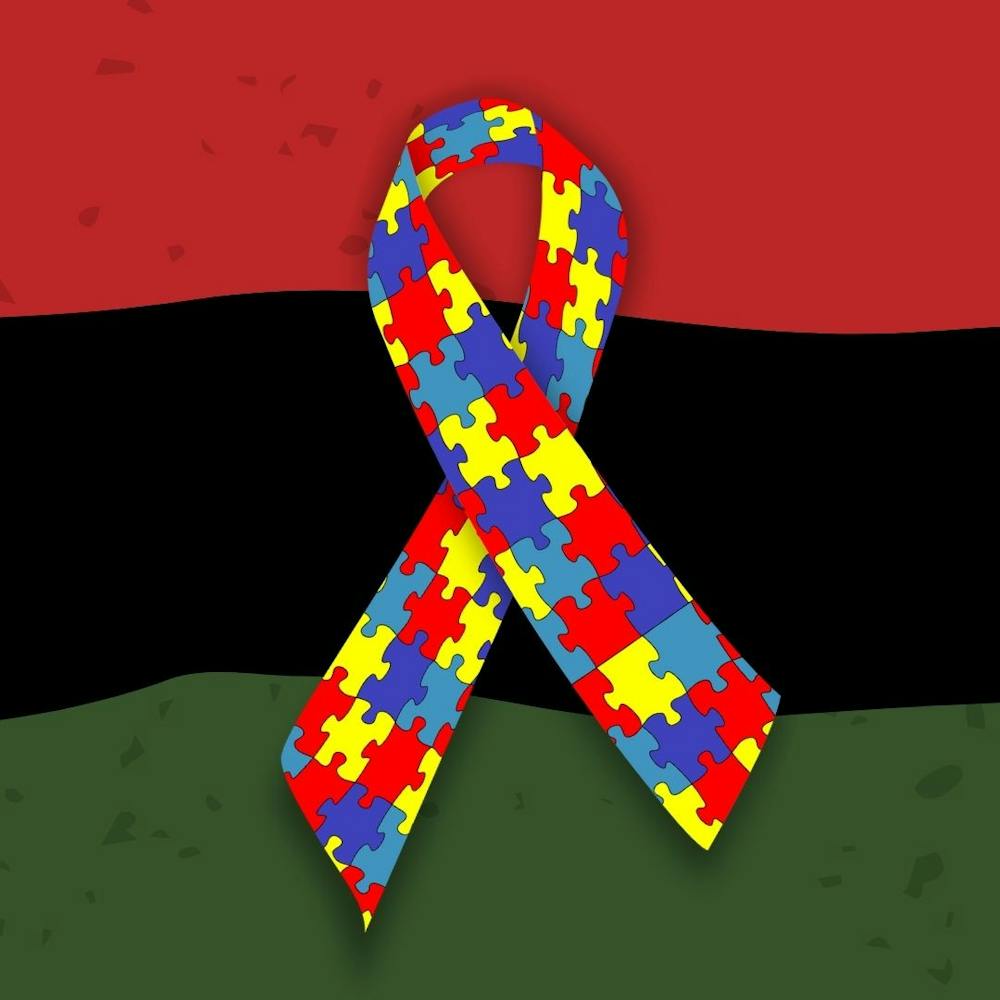DISCLAIMER: Elijah McClain was never diagnosed as being Autistic or on the Autism Spectrum
The intersection of being Black and autistic in America is to be left unprotected. A telling example of this truth lies in the case of 23-year-old Elijah McClain. McClain, an autistic Black man who was confronted by Colorado Police after the department received a phone call about his “suspicious” behavior. He was walking home after buying his brother an iced tea from a nearby convenience store.
“I’m just different,” McClain told the officers, alluding to his autism. Colorado police arrested McClain by using a carotid hold to force him on the ground, which ultimately led to his death by restricting blood to his brain.
The story of Elijah McClain addresses the underrepresented issue of how perceptions of autism can vary according to someone's race. Black people with mental disorders are simply not perceived as “different” –– they are perceived as more dangerous.
In 2018, Marcus-David Peters, a mentally disabled Black man, was also killed by the police. David-Peters worked as a hotel security guard. After his shift, he left the hotel and entered his car, naked. While driving, David-Peters crashed the car on the freeway. Richmond Police discover the wrecked vehicle; as Peter climbs out the crashed car to safety-- he is shot by Richmond Police twice, killing him.
The effects of racism are real and wide-reaching. The false stereotype of the “criminal Black man” originates back to slavery but continues to persist. In a 2017 American Psychology Association study, results show that people see Black men as more threatening and harmful than same-sized white men.
This distorted perception, in alignment with autism, is especially detrimental.
My older brother Andres is a Black man with severe autism. His favorite thing to do is dance, and he does it any chance he can get.
When he was younger, people thought it was adorable –– a little boy dancing in the aisles of a grocery store or on the front porch. When he got older, people were not as amused. He was no longer viewed as a happy kid, but now a strange Black man. Andres did not take notice of the difference in looks from strangers around him, but I did. People no longer smiled and made eye contact with him. They walked past with their heads down trying to avoid him or stared in disgust from afar.
Andres has trouble verbally communicating. If he was ever in immediate contact with a stranger who thought his behavior seemed suspicious, I fear what could happen. In a world where Black people’s lives can be determined in a matter of seconds, there leaves little space for the verbally impaired.
In the medical field, there also leaves little space for Black autistic people. In a 2020 American Academy of Pediatrics study, findings show that Black children’s autism diagnosis is delayed by three years in comparison to white children. This delay in diagnosis prevents parents from enrolling their child in early intervention programs. Furthermore, it increases the chances of a child developing severe intellectual disabilities.
Doctors’ delayed diagnoses for Black children can stem from a false stereotype that Black people are “biologically different” than white people. According to a 2016 medical study, these stereotypes can affect treatment recommendations for Black people because it assumes their symptoms are less serious or faked. When this discrimination is in contact with a diagnosis for autism, it has the power to permanently affect Black autistic lives.
Black people are routinely left out of the general conversation about autism, despite the impactful medical and social outcomes it has on the community. I envision a perfect world where people are not afraid of my brother Andres and other Black men with autism, where I do not fear for Black lives, and where the medical community is inclusive. Unfortunately, this utopia does not exist and instead, we must examine why our society differs so much from it.



